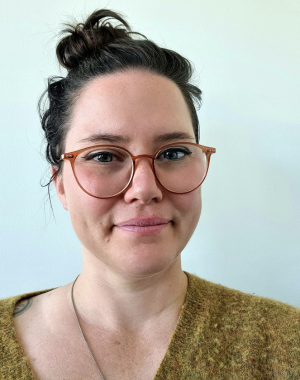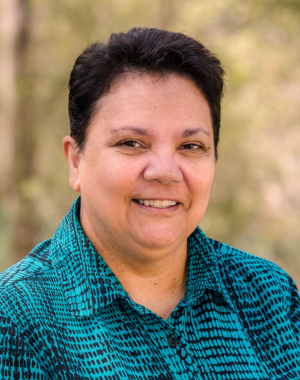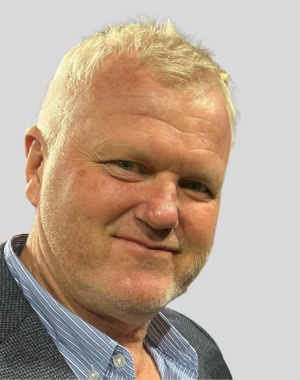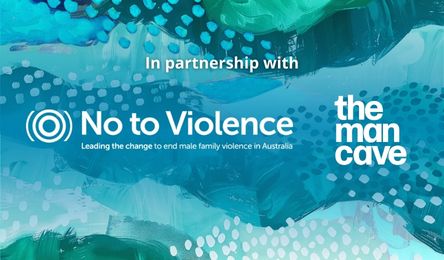Working with Men to End Family, Domestic & Intimate Partner Violence

Working with Men to End Family, Domestic & Intimate Partner Violence
95% of violence victims report a male perpetrator. Respectful and evidence-based engagement with violent men is crucial to ensure the safety of women and children. To prevent the stark statistics in Australia from continuing on the same trajectory we need to help men who use violence to change their behaviour and ultimately to take responsibility for their actions.
The 3rd annual Working with Men to End Family, Domestic & Intimate Partner Violence Summit will explore approaches that hold men accountable and empower them to become a part of the solution and to break the cycle of violence against women and children.
Bringing together intersectional perspectives from peak bodies, government and behaviour change organisations, this summit will discuss strategies for transforming behaviour, disrupting intergenerational patterns of abuse and working with shame.
Join us for critical discussions on different approaches to violence prevention, and learn from those who are making a difference.
Speakers
Judge Kate Hughes
Chair of the Family Violence Committee
Federal Circuit and Family Court of Australia
Prof Michael Flood
Faculty of Creative Industries, Education & Social Justice, School of Justice
QUT
Hayley Boxall
Research Fellow
Centre for Social Research and Methods, Australian National University
Hayley Foster
Director – Family Violence, Director – Access, Equity and Inclusion
Federal Circuit and Family Court of Australia
Luke Addinsall
Mental Health Social Worker and FDV Specialist & Private Practitioner & Counsellor
The Centre of Change
Susan Beattie
Director, Policy and Systems
Queensland Network of Alcohol and Other Drug Agencies (QNADA)
Dr Astrid Perry OAM
Head of Women, Equity & DFV, Stakeholder Relations, Research & Policy
SSI
Dr Brodie Evans
Practice Manager
YFS SE QLD; Queer and Trans Workers Against Violence (QTWAV)
Sarah Drury
Project Coordinator and Facilitator
ARC Gender Relations Project, Men and Family Centre (Bundjalung Country, Northern Rivers, NSW)
Hunter McBride
Project Coordinator and Facilitator
ARC Gender Relations Project, Men and Family Centre (Bundjalung Country, Northern Rivers, NSW)
Lisa McPhie
Project Coordinator and Facilitator
ARC Gender Relations Project, Men and Family Centre (Bundjalung Country, Northern Rivers, NSW)
Professor Silke Meyer
Chair in Child & Family Research
School of Health Sciences and Social Work, Griffith Criminology Institute & Griffith Centre for Mental Health, Griffith University
Max Castle
Practice Lead – LGBTIQ+ Use of Violence - Lead Facilitator, GBTQ+ Men’s Behaviour Change Program,
Thorne Harbour Health
The Hatchery is delighted to be partnering with

No to Violence is Australia’s national peak body for organisations that work with men who use violence, providing training, sector development and advocacy across the sector. It also operates the Men’s Referral Service, providing a counselling service and referral pathways directly to men who use violence. As a pro-feminist organisation, women and children are at the centre of what NTV does – by ending men’s use of family violence, families, individuals and communities are safer. To learn more, visit ntv.org.au
Benefits of attending


Explore strategies for holding men accountable & eliciting personal responsibility for change


Understand the role of shame and trauma in violence prevention


Address the challenges of engaging men who use violence in the family law system


Learn how to engage fathers in positive parenting & recognise that fatherhood can be a strong motivator of change
Who will attend
Representatives of the Community, Government, Police, Justice & Recovery sectors with responsibilities including
- Men’s Behaviour Change
- Family/Domestic Violence
- Intimate Partner Violence
- Women and Children
- Children/Child Protection and Safety
- Families
- Violence Prevention
- Mental Health
- Drug and Alcohol
- Rehabilitation and Counseling

This team has guided the development of the conference program and/or is involved in a thought-leadership ongoing capacity. They have dedicated their time to supporting the event with program development or are lending their experience to ensure that The Hatchery continues to deliver best-practice, evidence-based content, and education in our ‘Working with Men Who Use Violence’ event series.
The Hatchery would like to thank them for their participation, time, contribution, and insight.
Hayley Foster
Director – Family Violence, Director – Access, Equity and Inclusion
Federal Circuit and Family Court of Australia
Alan Thorpe
Founder, Director & Facilitator
Dardi Munwurro (Strong Spirit) and Victoria's NAIDOC Male Elder of the Year
Agenda
Session times are shown in AEDT
Welcome to Country
Grounding & centering: Arrival into the space
We are grounded so we can receive the welcome
Opening remarks from the MC
Prevention & intervention strategies to stop the violence – engaging men and boys in breaking the cycle
Change the story: Making sure prevention strategies are central to the national approach
- Emphasising the importance of engaging men and boys in finding solutions
- Challenging harmful forms of masculinity that contribute to violence against women
- Supporting children and young people with the knowledge they need to develop respectful and equal relationships
- Providing the evidence-based guide to support this crucial work
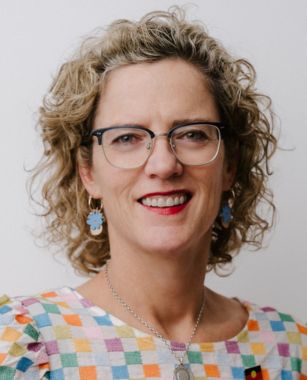
Patty Kinnersly
CEO
OurWatch
Towards a National Perpetrator Strategy
- Outlining the key elements of a proposed perpetrator strategy
- Engaging the right voices in developing the strategy
- Advocating for it’s adoption
- Instilling greater innovation and evolution
- Evidence-based and data-led decision-making
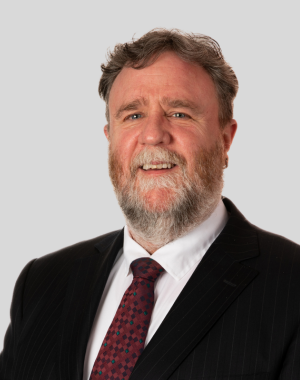
Phillip Ripper
CEO
No To Violence
Morning Tea
Engaging men in the family law system to achieve positive outcomes
- Unpacking and addressing the challenges in the family law system of engaging with men who use violence
- How courts can positively impact families where there has been family violence
- Utilising family court intervention as an opportunity for men to take responsibility for their behaviour and embark upon behaviour change interventions
- Realistic short, medium and long-term outcomes for families which centre on safety and wellbeing
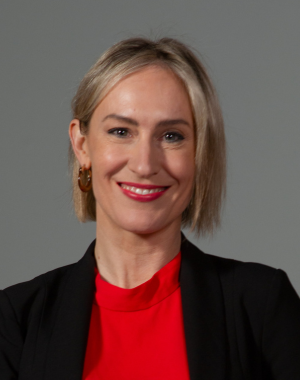
CHAIR
Hayley Foster
Director – Family Violence, Director – Access, Equity and Inclusion
Federal Circuit and Family Court of Australia
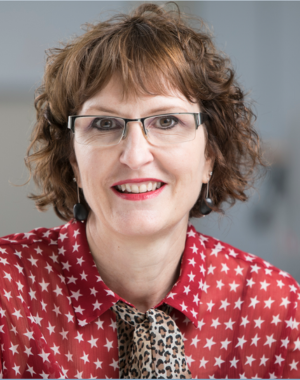
Elisabeth Shaw (She/Her)
CEO
Relationships Australia NSW
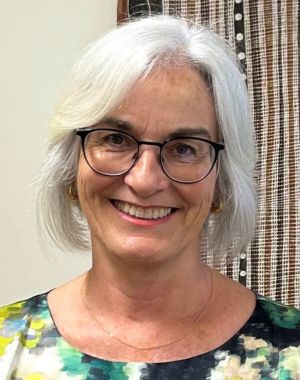
Judge Kate Hughes
Chair of the Family Violence Committee
Federal Circuit and Family Court of Australia

Philip Turner
Family Advocacy and Support Services (FASS) Worker
Relationships Australia
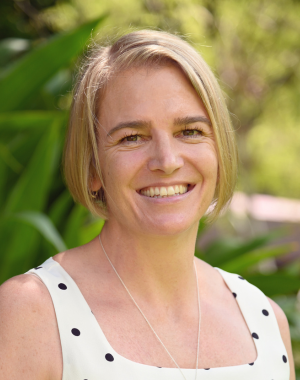
Professor Silke Meyer
Chair in Child & Family Research
School of Health Sciences and Social Work, Griffith Criminology Institute & Griffith Centre for Mental Health, Griffith University
Working collectively to end men’s violence against women & children
- Linking men’s change work across the spectrum from primary prevention to response and intervention
- Community development and social responsibility, supporting community to identify harmful behaviours
- The role of community for men engaged in change work, supporting men doing the work through their extended communities
- Challenging unhealthy attitudes and attachments to masculinities and that be damaging to the work
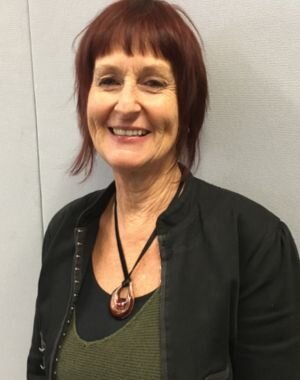
Lizette Twisleton
Head of Engagement
No to Violence
Lunch
Working through a trauma lens with First Nations men
- We are not bad men we are broken men
- Why we need to work through a trauma lens
- Healing the warrior within
- Enabling and educating First Nations men to begin a journey of healing
- Lessons from the Walama Sam project
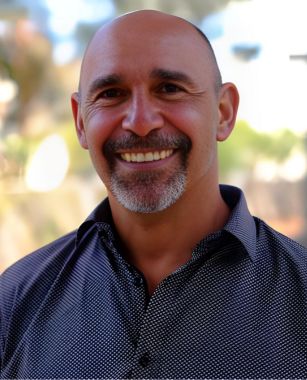
Ivan Clarke
Founding Director
Wiimpatja
Enabling inner healing whilst holding men accountable: Holding space for shame
- Examining cultural fusion models for working with shame
- The wisdom of shame as a catalyst for change
- Holding space for personal accountability
- Holding safety for practitioners and for the work
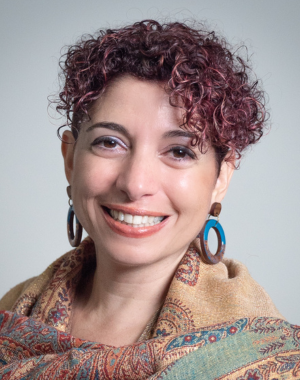
Hala Abdelnour
CEO
The institute of non-violence

Carol Harrison
Dardi MARAM Coordinator & Industry Cultural Advisor
Dardi Munwurro

Mark Kulkens
Clinical Psychologist
Mark Kulkens & Associates
Examining the connection between traditional masculine stereotypes & violence, risky alcohol/drug use, gambling & porn
- Gender norms harm men too: the relationship between gender stereotypes and men’s use of violence, alcohol, drugs and gambling
- Why men who most strongly identify with traditional ideas about masculinity are more likely to use violence
- Unpacking how a holistic approach to violence prevention must include efforts to shift harmful ideas about male gender roles
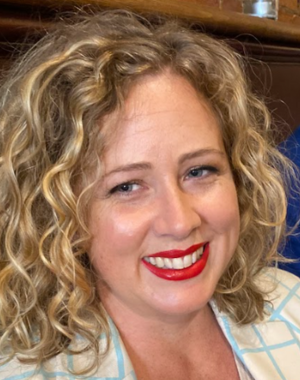
Rachel Thomson
Executive Director - The Men’s Project
Jesuit Social Services
Afternoon Tea
How can I be proud to be a man in this generation?’ Reflections from an innovative school gendered violence prevention program
- Having meaningful and uncomfortable conversations with boys and young men
- Using survivor stories to build empathy in boys and young men
- Co-designing with students: why listening is key and how we do it
- The risks and gains of engaging teachers to facilitate the program content
- The skills gap: building emotional intelligence in boys

Dr Joy Townsend
Chief Executive & Founder
Learning Consent
ARC communities: Working with men in the primary prevention of violence
- Reviewing a community development project that aimed to engage local male identified people as allies in the primary prevention of violence against women and children
- Supporting men to develop and deliver primary prevention projects within their own spheres of influence
- Incorporating accountability structures and processes on a number of level of the project
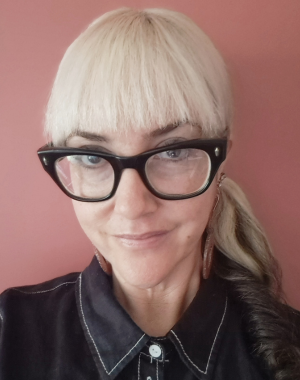
Sarah Drury
Project Coordinator and Facilitator
ARC Gender Relations Project, Men and Family Centre (Bundjalung Country, Northern Rivers, NSW)

Hunter McBride
Project Coordinator and Facilitator
ARC Gender Relations Project, Men and Family Centre (Bundjalung Country, Northern Rivers, NSW)
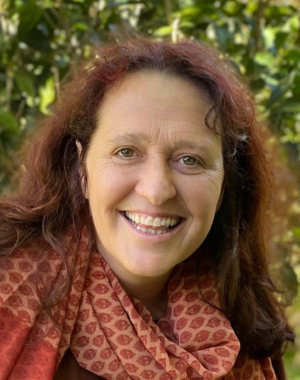
Lisa McPhie
Project Coordinator and Facilitator
ARC Gender Relations Project, Men and Family Centre (Bundjalung Country, Northern Rivers, NSW)
Closing group meditation – Leaving the space

Hala Abdelnour
CEO
The institute of non-violence
Closing remarks and end of Day One
Grounding & centering: Invitation to arrive into the space

CHAIR
Hala Abdelnour
CEO
The institute of non-violence
Opening remarks from the MC
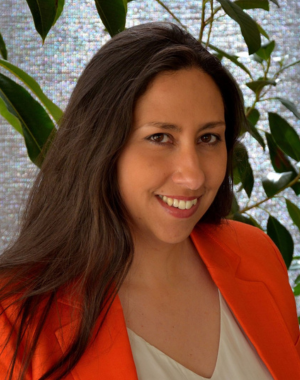
Jolene Ellat (She/Her)
CEO
DART Institute
Effective response: Interrupting violence and breaking intergenerational patterns of behaviour and abuse
She is not your rehab: One man’s journey to healing
- An invitation for men to acknowledge their own childhood trauma and take responsibility for their healing
- Inviting men to transform their pain instead of transmitting it to those around them
- Acknowledging the multiple layers of sadness and shame around conversations regarding family harm and intimate partner violence
- Considering a collective response and appropriate action to create violence-free communities
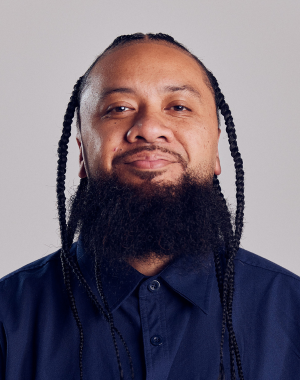
Matt Brown
Founder
She is Not Your Rehab & InnerBoy
Ten minutes of connection and self-care
Acknowledgement of the journey we’ve been on together this morning and the personal stories shared. Take a moment to walk, stretch & chat.
Morning tea
Men’s behaviour change: Tailoring program design to support men from culturally & linguistically diverse backgrounds
- Recognising that shame has a cultural lens
- Understanding shame, family, and community dynamics/systems in diverse CALD communities
- Unpacking the effects of migration on family life
- Cultural expectations and the different roles in the family
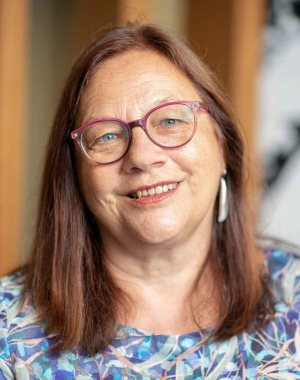
Dr Astrid Perry OAM
Head of Women, Equity & DFV, Stakeholder Relations, Research & Policy
SSI
Exploring inclusive practice: Working with GBITQA+ people using violence
- Seeking to understand the diverse needs of GBTIQA+ people in the domestic, family, and sexual violence sectors
- Identifying appropriate referral pathways and points of intervention
- What needs to change for us to Integrate queer thinking into FV/IPV Practice?
- How can we better support queer and trans workers in this space?
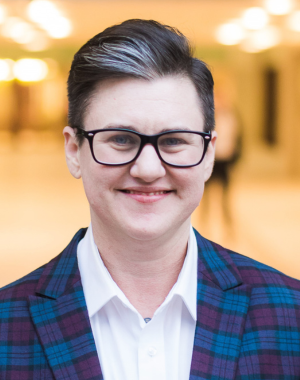
CHAIR
Dr Brodie Evans
Practice Manager
YFS SE QLD; Queer and Trans Workers Against Violence (QTWAV)

Sarah Drury
Project Coordinator and Facilitator
ARC Gender Relations Project, Men and Family Centre (Bundjalung Country, Northern Rivers, NSW)

Hunter McBride
Project Coordinator and Facilitator
ARC Gender Relations Project, Men and Family Centre (Bundjalung Country, Northern Rivers, NSW)
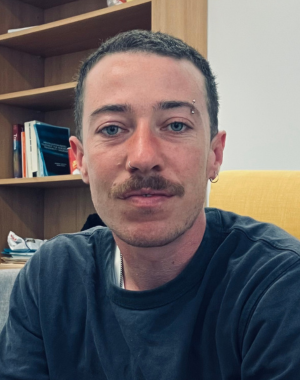
Elliott McMahon
Acting General Manager
Queerspace, Drummond Street Services
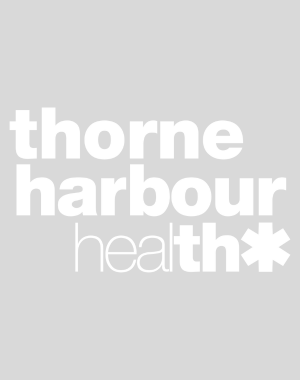
Max Castle
Practice Lead – LGBTIQ+ Use of Violence - Lead Facilitator, GBTQ+ Men’s Behaviour Change Program,
Thorne Harbour Health
Reimagining the trajectory to recovery: trauma, addiction, mental health, criminality, and more
Communicare ‘Breathing Space’: Our current & future focus
- A broad understanding of the ‘Communicare Breathing Space’ model
- Integrating therapeutic, case management and residential elements in working with men who are violent and abusive
- What are the current issues and directions around service improvement
- Where will this model go into the future
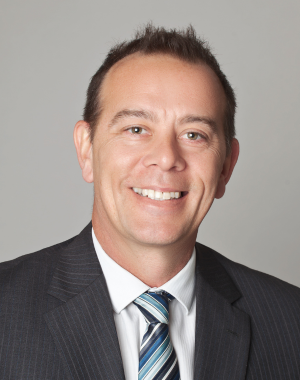
David Cain
Director of Service Delivery and Design
Communicare
Lunch
Welcome from the MC
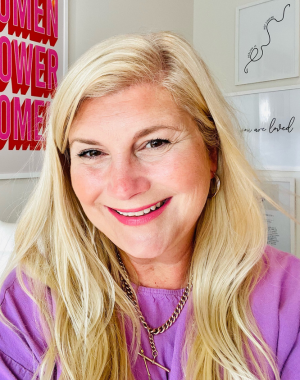
CHAIR
Dr. Gabrielle Morrissey
CEO
The Women's Resilience Centre
Unpacking the connection between mental health, AOD & intimate partner violence (IPV)
- Recovery is not linear: How can we reframe expectations about resistance and the reduction of violence and abuse?
- How are we Involving partners in the conversation?
- What does relapse look like in the context of IPV?
- What level of ‘relapse’ are we comfortable with in an IPV context?
- How do we support remission among relapsing offenders
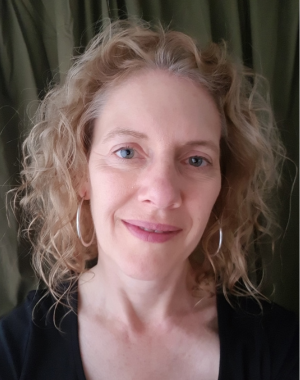
CHAIR
Dr Kristin Diemer
Principal Research Fellow, Department of Social Work
The University of Melbourne
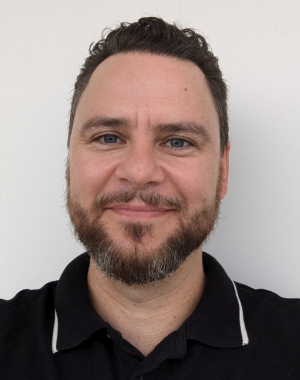
Luke Addinsall
Mental Health Social Worker and FDV Specialist & Private Practitioner & Counsellor
The Centre of Change
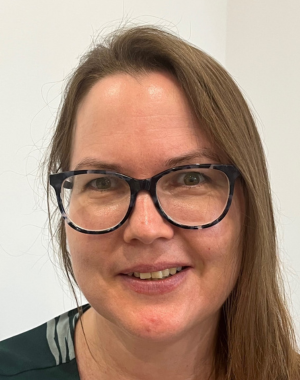
Susan Beattie
Director, Policy and Systems
Queensland Network of Alcohol and Other Drug Agencies (QNADA)
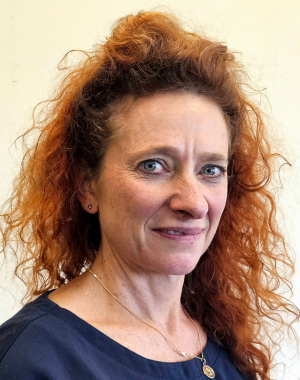
Michele Campbell
Clinical Director
The Network of Alcohol and Other Drug Agencies (NADA)
Engaging men and boys in the prevention of sexual violence, respectful relationships and positive masculinities
- Placing a greater focus on the structural and cultural factors contributing to sexual violence
- How best to approach men and masculinities in sexual violence prevention work
- Shifting norms of male sexuality
- Addressing the tensions of addressing differences and inequalities among men
- Taking sexual violence prevention work online and broadening access to support
- Engaging men and boys in the prevention of sexual violence, respectful relationships and positive masculinities
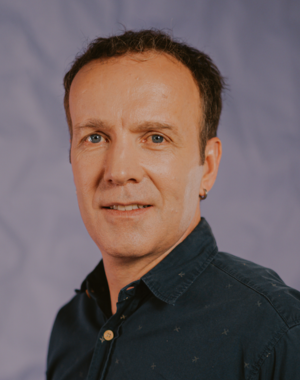
Prof Michael Flood
Faculty of Creative Industries, Education & Social Justice, School of Justice
QUT
Afternoon Tea
Why unpacking trauma & shame is at the heart of sustainable & authentic behaviour change
- Psychotherapeutic engagement and working with the underlying trauma of men who use violence
- Using active empathy to assist with respectful challenging and the eliciting of personal responsibility
- Developing rapport and building trust: Creating space for vulnerability and honesty without judgement
- Demonstrating empathy in order to create space for meaningful therapeutic intervention
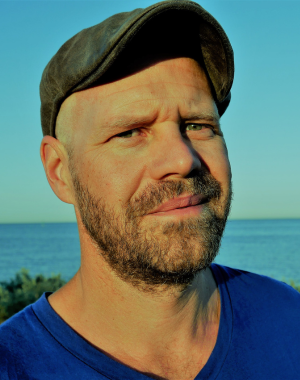
Tony Johannsen
Executive Manager of Clinical Practice and Quality
Family Life
Working with fathers who use violence to transform the legacy of that relationship
- Recognising that most fathers want to be better dads and that fatherhood can be a strong motivator of change
- Helping fathers to understand what has shaped their parenting styles
- Challenging unhealthy narratives and justifications

Dr. Gabrielle Morrissey
CEO
The Women's Resilience Centre
Closing Group Meditation – Leaving the Space

Hala Abdelnour
CEO
The institute of non-violence
Closing remarks from MC & end of conference
How to avoid collusive or combative practice when working with men who use violence
Overview
An Ethical Ground™ approach is a way to engage users of violence by maintaining respect whilst holding accountability. This creates an environment or ethical ground™ for men to safely explore their behaviours and how they do not align or accord with ethical preferences. This model of practice moves away from combative engagement and collusive engagement.
This workshop will guide how to respond to irresponsible statements from the user of violence and how to ethically engage and support change talk. You will learn how to respectfully challenge irresponsible statements to work towards respectful and culturally safe change.
Attend & Learn
- Establish willingness and capacity to address violent and abusive behaviour
- Establish a focus on users’ responsibility for change and conditions for intervention
- Understand affect outcomes in the response cycle through an Ethical Ground™ approach
- Constructively bring shame into the room without shaming
- Avoid combative and collusion engagement in change work

Jolene Ellat (She/Her)
CEO
DART Institute
How to use empathy to elicit personal responsibility with men who use violence
Overview
Men referred to programs are used to sharing their ‘narrative’ but they are less used to having that narrative challenged in a way that shifts the lens of responsibility to them in an empathetic way and without shame.
This workshop will share the psychotherapeutic technique of meeting these men ‘where they are at’ to support MBCP facilitators to challenge men’s narratives. Using empathy, participants will learn how to create opportunities for these men to understand their choice points, trigger points, and what’s happening in their bodies in those moments when they feel like using violence.
Attend & Learn
- Learn how to appropriately challenge men around how they think not what they think
- Help men to recognise choice points and build self-awareness when they are triggered
- Explore the complex relationship between thoughts and actions
- Use empathy to create trust, vulnerability, and honest disclosure
- Feel confident in your capacity to work with men and build their emotional regulation and personal responsibility
- Work with men to establish psychosomatic awareness

Tony Johannsen
Executive Manager of Clinical Practice and Quality
Family Life
Venue
Melbourne | Naarm, on the traditional lands of the Kulin Nation
Rendezvous Hotel Melbourne
Online
Learn from anywhere with our interactive online technology.
Pricing
Early bird savings until 15 December
+GST
Early bird pricing
Save $500
Workshops
- In-person Workshop $499 + GST
- Online Workshop $399 + GST
Early bird savings until 2 February
+GST
Early bird pricing
Save $300
Workshops
- In-person Workshop $499 + GST
- Online Workshop $399 + GST
Early bird savings until 23 February
+GST
Early bird pricing
Save $200
Workshops
- In-person Workshops $499 +GST
- Online Workshops $399 +GST
Early bird savings until 8 March
+GST
Early bird pricing
Save $100
Workshops
- In-person Workshops $499 +GST
- Online Workshops $399 +GST
Standard rates
+GST
Workshops
- In-person Workshop $499 + GST
- Online Workshop $399 + GST
Early bird savings until 15 December
+GST
Early bird pricing
Save $500
Workshops
- In-person Workshop $499 + GST
- Online Workshop $399 + GST
Early bird savings until 2 February
+GST
Early bird pricing
Save $300
Workshops
- In-person Workshop $499 + GST
- Online Workshop $399 + GST
Early bird savings until 23 February
+GST
Early bird pricing
Save $200
Workshops
- In-person Workshop $499 + GST
- Online Workshop $399 + GST
Early bird savings until 8 March
+GST
Early bird pricing
Save $100
Workshops
- In-person Workshop $499 + GST
- Online Workshop $399 + GST
Standard rate
Workshops
- In-person Workshop $499 + GST
- Online Workshop $399 + GST
Early bird savings until 8 December
+GST
Early bird pricing
Save $500
Workshops
- In-person Workshops $499 + GST
- Online Workshops $399 + GST
Early bird savings until 2 February
+GST
Early bird pricing
Save $300
Workshops
- In-person Workshops $499 + GST
- Online Workshops $399 + GST
Early bird savings until 23 February
+GST
Early bird pricing
Save $200
Workshops
- In-person Workshops $499 + GST
- Online Workshops $399 + GST
Early bird savings until 8 March
+GST
Early bird pricing
Save $100
Workshops
- In-person Workshops $499 + GST
- Online Workshops $399 + GST
Standard prices after 8 March
+GST
Workshops
- In-person Workshops $499 + GST
- Online Workshops $399 + GST
Early bird savings until 8 December
+GST
Early bird pricing
Save $500
Workshops
- In-person Workshops $499 + GST
- Online Workshops $399 + GST
Early bird savings until 2 February
+GST
Early bird pricing
Save $300
Workshops
- In-person Workshops $499 + GST
- Online Workshops $399 + GST
Early bird savings until 23 February
Early bird pricing
Save $200
Workshops
- In-person Workshops $499 + GST
- Online Workshops $399 + GST
Early bird savings until 8 March
+GST
Early bird pricing
Save $100
Workshops
- In-person Workshops $499 + GST
- Online Workshops $399 + GST
Standard prices after 8 March
+GST
Workshops
- In-person Workshops $499 + GST
- Online Workshops $399 + GST
Purchase the in-person conference ticket & two in-person workshops | Use code ‘TWO’ at checkout to receive the discount & save $100
Purchase the in-person conference ticket & all three in-person workshops | Use code ‘THREE’ at checkout to receive the discount & save $200
Purchase the in-person conference ticket & all four workshops | Use code ‘GOLDEN’ at checkout to receive the discount & save $300
Format
